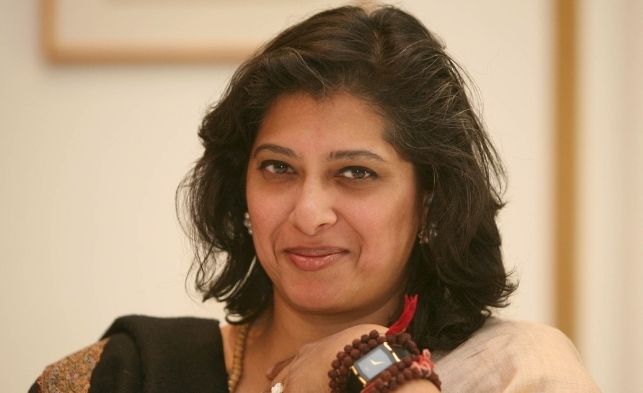My first interaction with Dr Bhaswati Bhattacharya was during Indica Yoga’s Global Festival of Yoga 2021 (GFY). For most yoga practitioners, Ayurveda is associated with doshas and eating habits but there’s so much more to this discipline and I discovered just how vast Ayurveda is when I attended the presentation by Dr Bhattacharya during the GFY. Her presentation inspired me to buy and read her book Everyday Ayurveda. “There was no practical book out there in English explaining the how and why of Ayurvedic daily routines in the modern day. When I was studying Ojas and building vitality and immunity as part of a research grant in Ayurveda, I expected the wisemen to tell me about some formulation, or a food, or a magical remedy. They kept saying dinacharya, dinacharya,” explains Dr Bhattacharya on how she found the inspiration to write the book.
The book opens with an anecdote about her father and how he encouraged her to wake up at Brahma Muhurta even as a child. That early childhood experience affected her adult life when after living in the West for several years, Dr Bhattacharya noticed that she started gaining weight, her hair became dry and began to fall and her gut was bloated too often. That’s when she delved deep into the study of Ayurveda to change, or rather, return to her Indian roots and follow the daily habits of living that she did as a child. These daily routines are called Dinacharya in Ayurveda and are complemented with Ratricharya (daily living habits for the night). In addition to balancing one’s doshas with food, following these daily habits or principles is equally effective in restoring and balancing doshas.
The effectiveness of these practises inspired Dr Bhattacharya to complete a mid-career PhD in ancient Indian chemistry, Ayurvedic pharmaceutics, and pharmacology (Rasa Shastra and Bhaisajya Kalpana) from the prestigious Banaras Hindu University in India, and she completed the course with an award-winning PhD thesis on poly-herbal-mineral formulations for diabetes. She is also a Harvard-educated, licensed and board-certified MD physician-in-practice trained in family medicine and preventive medicine, a senior Fulbright Scholar, an awarded educator, a best-selling author, and a published scientist trained in pharmacology (UPenn) and neuroscience (Columbia University), public health (Harvard University), community medicine (Mt.Sinai-NYU) and nutrition (Columbia University-IIN). She then founded the DINacharya Institute in 2007 and it encompasses both ancient Ayurvedic wisdom but within the legal parameters of the practice of her medical licence.
Ayurveda is a complementary practice to yoga and according to Dr Bhattacharya “Ayurveda is for society-bound grihasta people in lives where they are trapped serving family, society and others. Yoga is a science for those who can move to the Universe inside without obligations pulling them back to the material world. All people cannot follow the tenets of yoga because they have karma all around them. Food, job, clothing, shelter allow them only a few glimpses of the Universe within. So they get sick. Ayurveda helps these people who need regimens to support their disease-creating lives. Yoga practice helps ailments only to the degree that one is awake and connected. But most are not doing either a true yoga practice in mind, body, senses, and soul. They are also not following Ayurveda’s recommendations.” Which is why her book prescribes how we can develop daily healthy habits that will keep us in balance. It starts with morning rituals where she elaborates on everything from morning ablutions to “framing the day.” There’s information on how to open the five senses, the importance of yoga “off the mat,” and the books ends with Ratricharya which focuses on everything from evening dinner to sex and sleep.
For more information on Dr Bhattacharya’s work, visit the DINacharya Institute.





